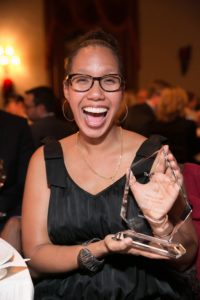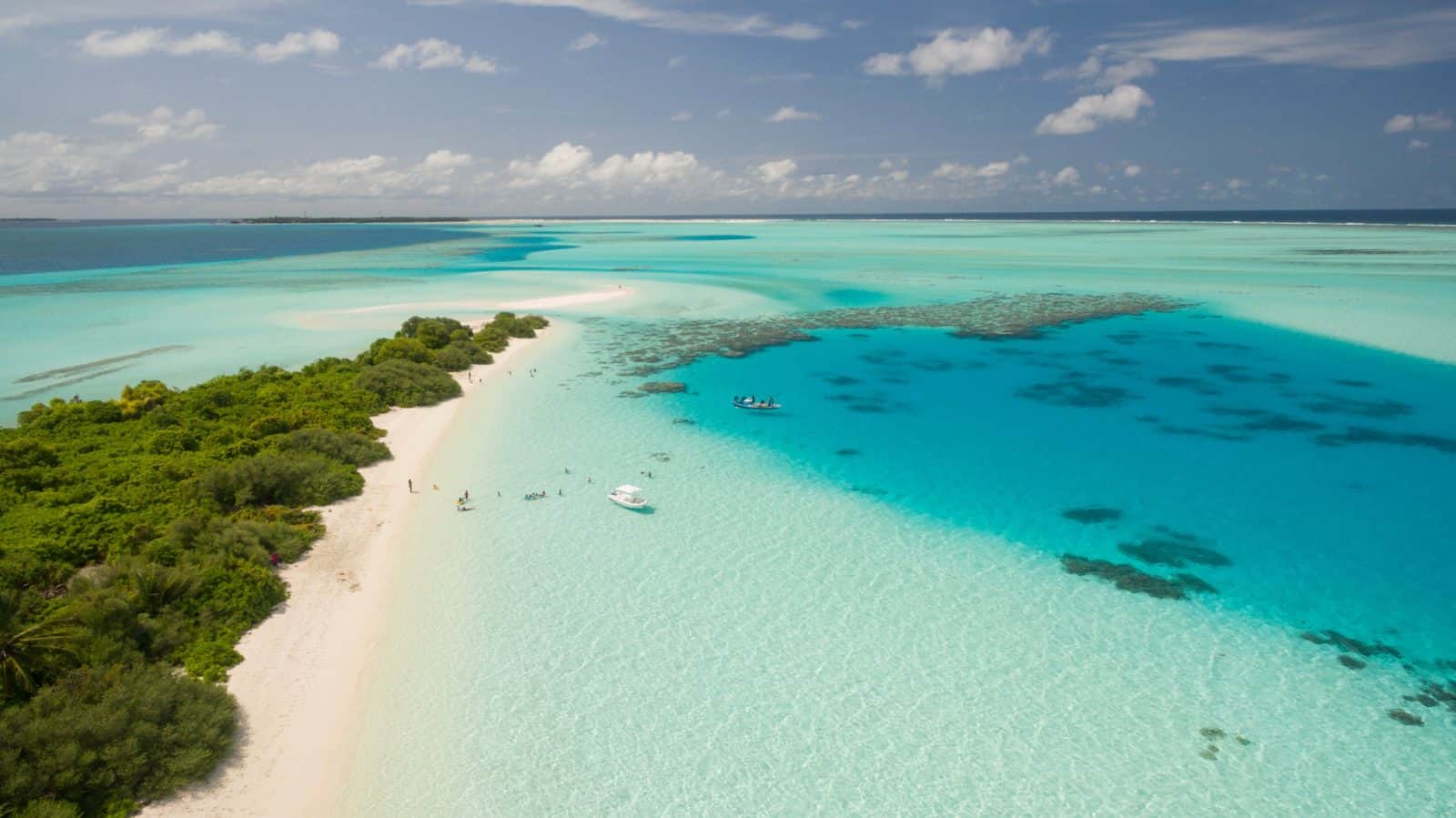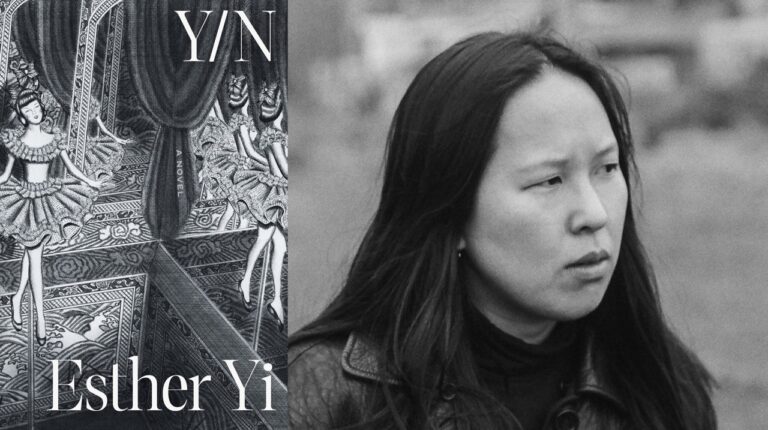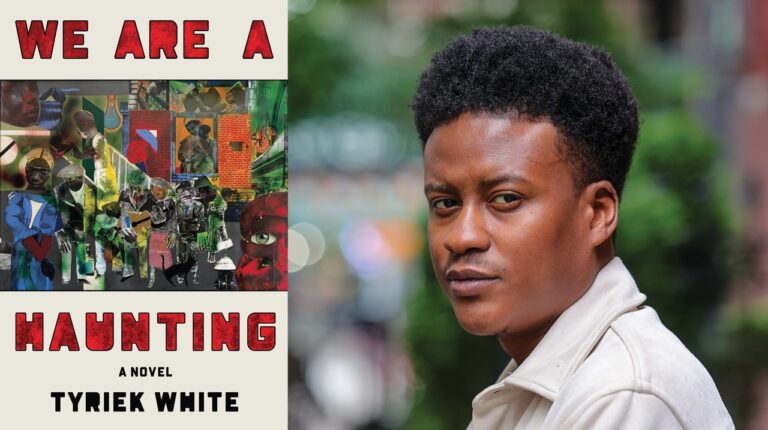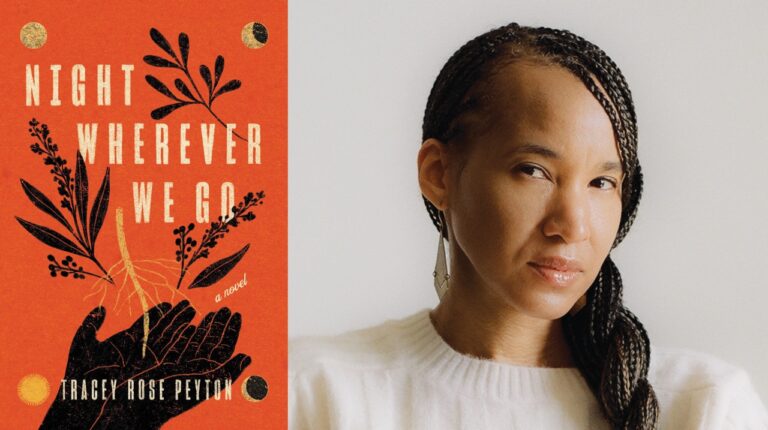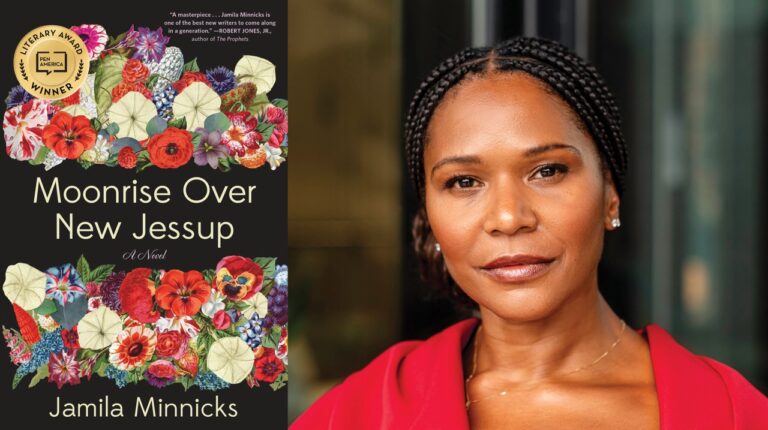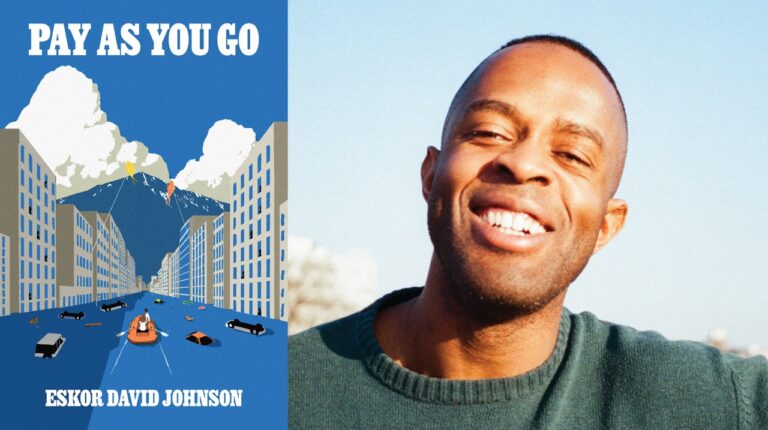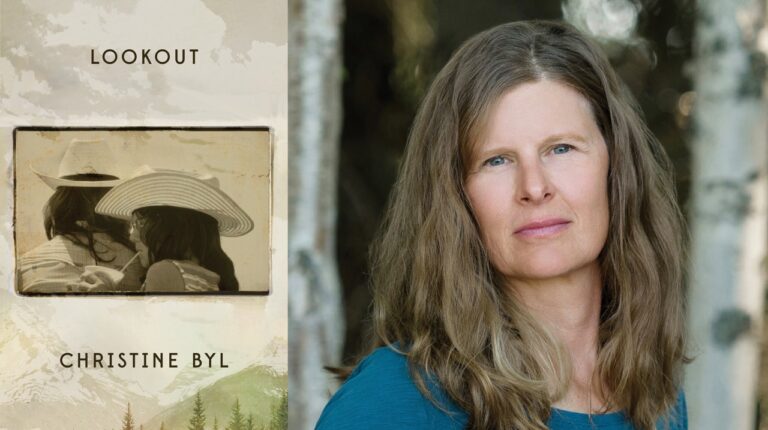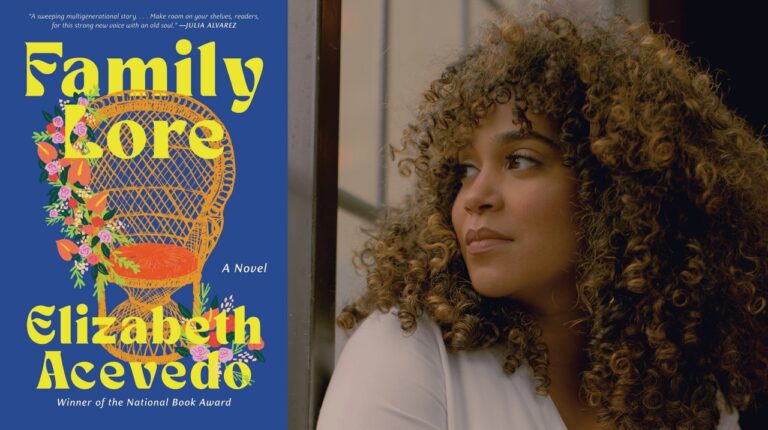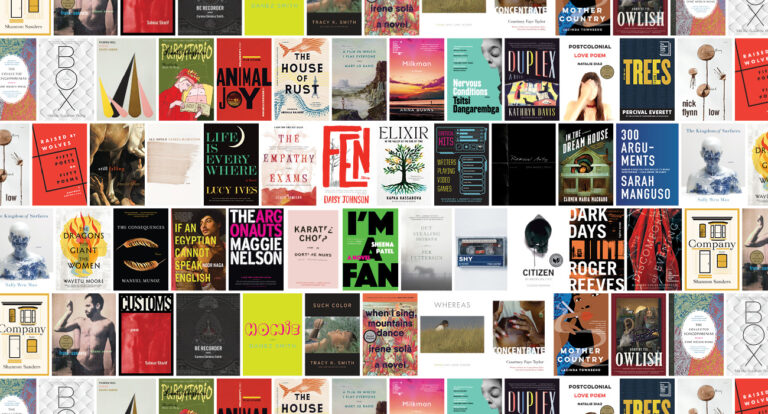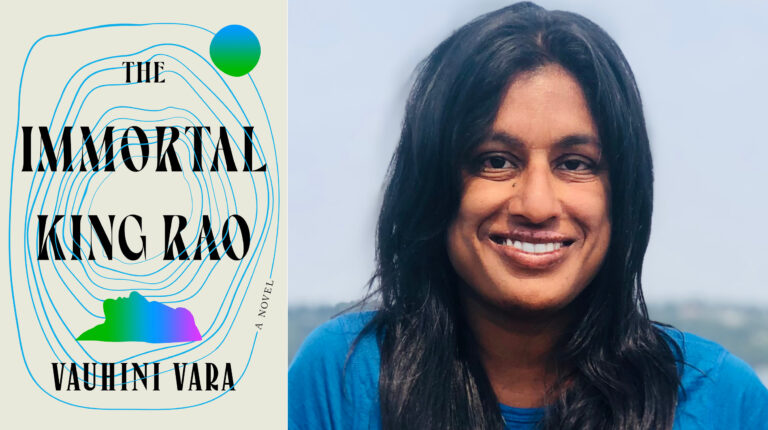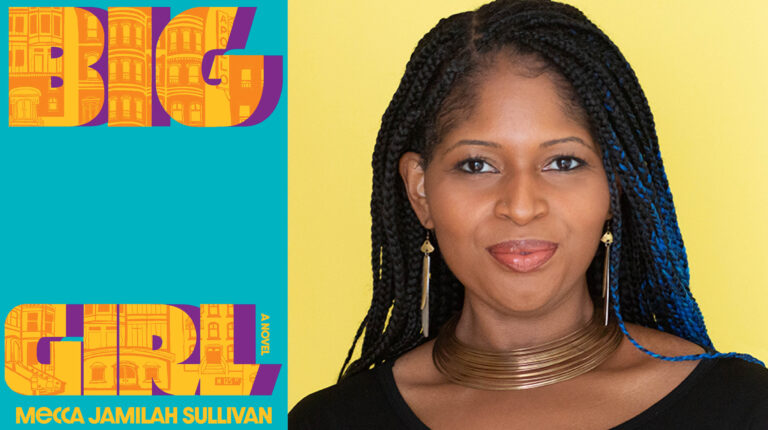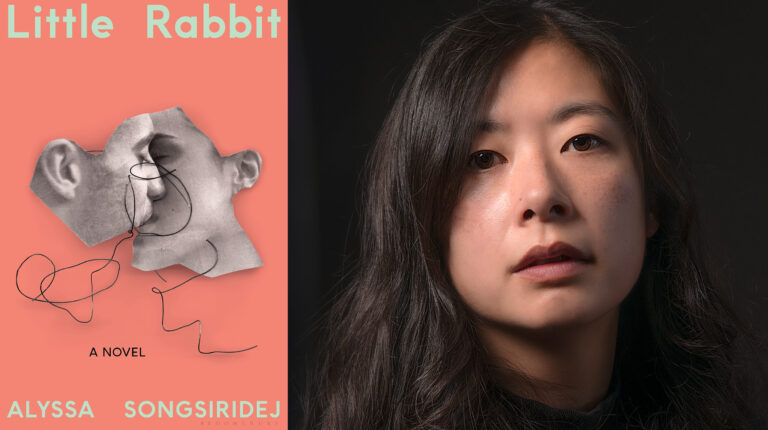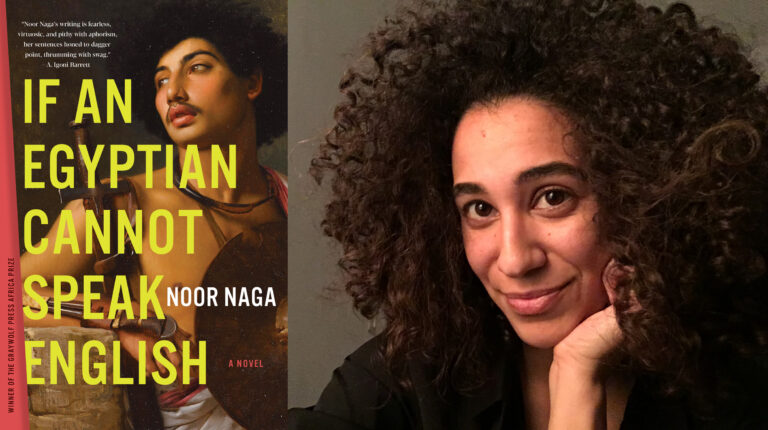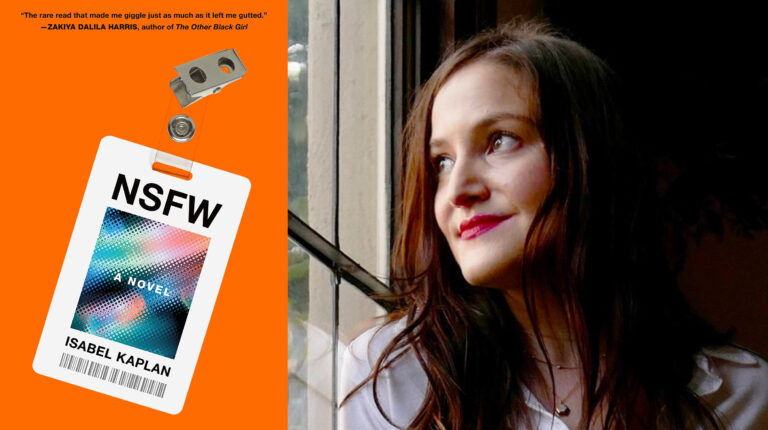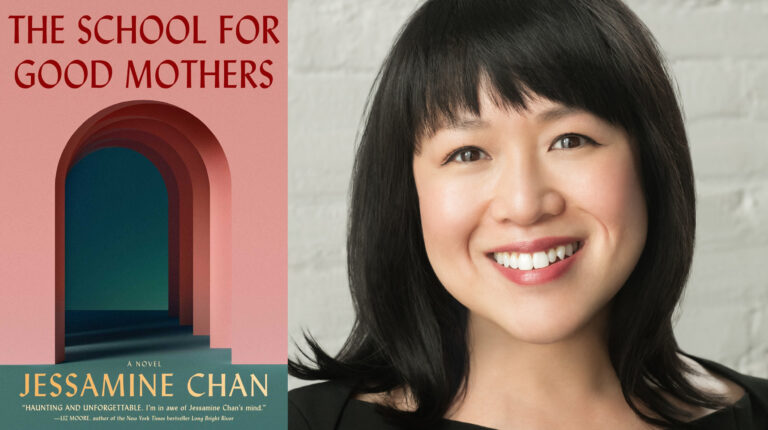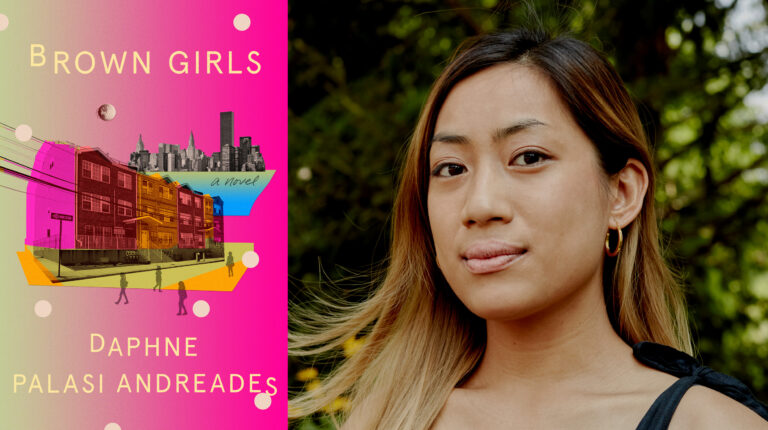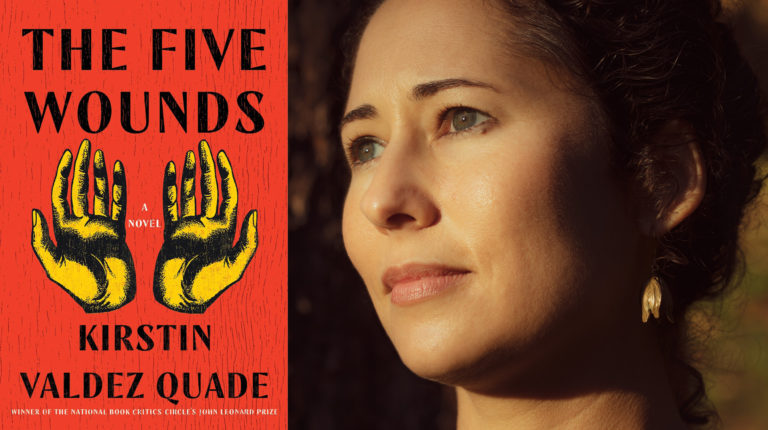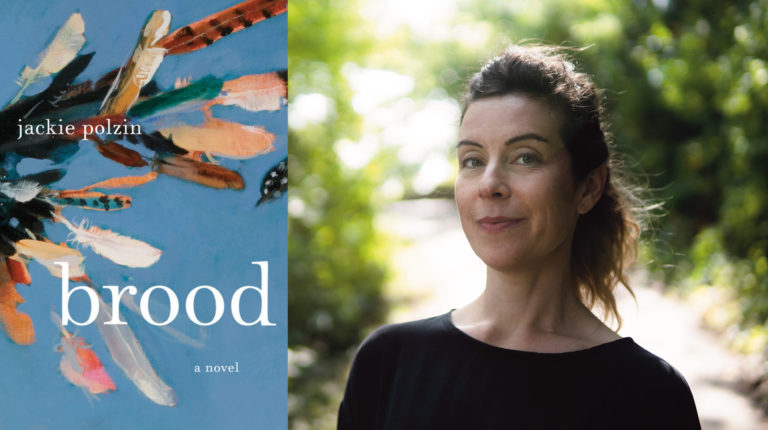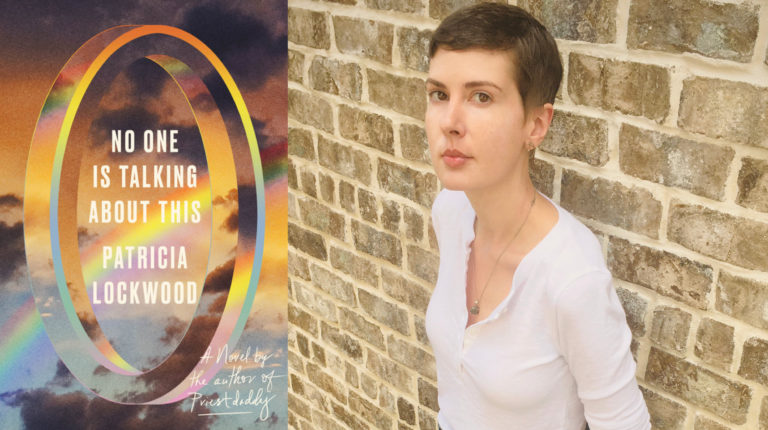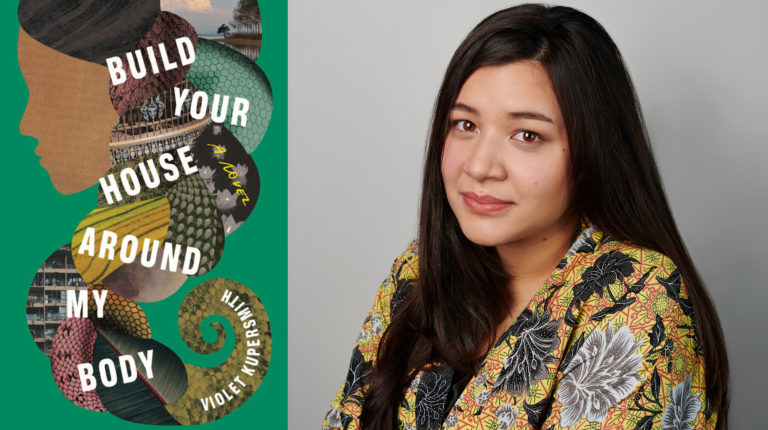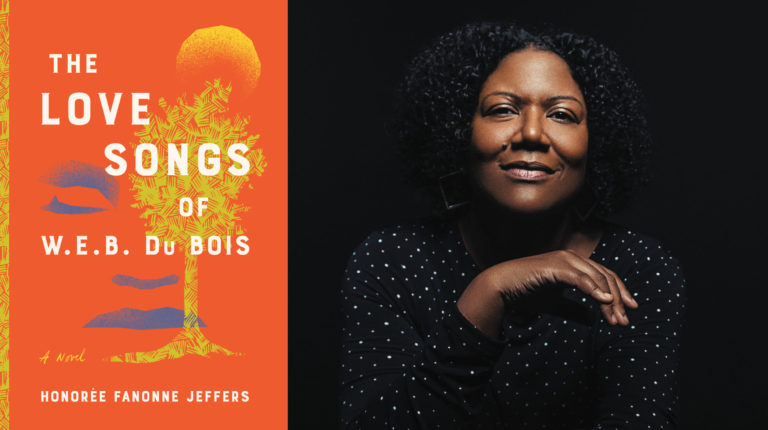The winner of the 2014 Flaherty-Dunnan First Novel Prize talks about her social responsibility as a writer from the Virgin Islands, our current dystopia, her greatest influences, and more.
Can you talk a little bit about the process and the challenges of using both family history and the history of the U.S. Virgin Islands in Land of Love and Drowning–how you interwove them and also how you created the necessary distance?
This book took me a very long time to write, and in some ways that is the most obvious answer. That long process allowed me to look at the material and think with more objectivity about it. I was most interested in finding ways of serving the story, rather than serving the true history. I wanted to locate and serve a kind of psychological truth or emotional truth instead of the facts.
Although I say it took me 11 years to write the novel, maybe it took longer. I’ve been hearing these stories my whole life, you know, the stories of my great grandfather who went down with his ship, and the story of my grandmother, whose siblings were left to figure out what it might mean to be a part of this family on their own. My grandmother was raised by her eldest sister, just like Annette was raised by Eeona.
Hearing those stories again and again, and hearing them in different ways and from different angles over time allowed me to experience them not just as history, but also as storytelling and as fiction. So I had that very strong base and I then did more traditional scholarly historical research in libraries, looking at old newspapers and artifacts from the early 1900s to really get a sense of what it was like to be living during that time in that place.
I think those two kinds of research, growing up surrounded by those family stories and then exploring the strictly historical, at some point merged and became the novel—an entirely new thing, a wholly different product of my imagination.
The story of the Virgin Islands, of the Caribbean is no longer being told by someone from elsewhere as it was, say, by Jean Rhys. You mentioned in an interview that her book, Wide Sargasso Sea, was a influence.
At first I didn’t know that Jean Rhys was a British writer. I thought that she was a Caribbean writer. I learned in college that she was a writer that Britain had claimed as their own, though in the Caribbean we definitely claim her as well. I always thought of her as being the mother of Caribbean literature, at least for me, and the person who I traced my own writing back to. In the Caribbean we know she is a white woman, but that hasn’t made her less Caribbean.
For me in particular what’s so amazing about her book is not only her use of language and of the mythical and the magical, but the fact that she is not shying away from writing a novel that might have feminist sensibilities, even though it is complex and non-didactic.
I think she wanted to rewrite the body of the Caribbean Creole woman who had become flat in European literature. There was this image of the upper class Caribbean Creole woman who could not withstand the Caribbean heat, who could not really withstand the sort of afrocentricity of the region, and so would go crazy because she was so fragile. This Caribbean Creole, aka, white person, was not like the people who made the Caribbean—Africans who could handle the heat and the their awful circumstances.
Rhys, though, is saying, “No, that is not right, that is not what is really going on.” Because the truth is that slavery was incredibly abhorrent; it would make anybodygo crazy. Any logical person who had to live in a society that was so incredibly divided and unfair would become unmoored. I think she was saying that slavery and the institutions it created caused a system that was not mentally well, that created mental dysfunction. So this young woman in her book goes crazy in large part because of that system.
In my book, the characters are two women who have suffered from what I call “the wildness,” and are suffering in part because of the constraints of European-ness, and then American-ness, on their bodies but also the effects of patriarchy on their bodies. They’re women who have hopes and dreams and desires, and those things are so much more complex and threatened for them because of the brown female and eventually poverty-stricken bodies they find themselves in. They are actually living in a dystopia that is seen as normal by everyone around them, a society in which women couldn’t make decisions for themselves, and where a father could abuse a daughter and the community could look the other way.
And I think in some ways we live in dystopia even now. We think of dystopia as something in The Hunger Games, but we live in a society even today where we think abuses of women and inequalities of all kinds are “normal.” We need to stop and think about that, really digest it.
I wonder if Rhys, as an outsider felt the same obligation that you must feel to “tell it true” in your fiction, to honor the stories you grew up with.
It was an additional obligation or burden, but my grandmother was a librarian, my mother was a librarian, and so I feel like I’ve always understood that being an active participant in your culture might mean carrying that kind of burden always. And so it has never dawned on me that that was something that I could or would even want to put down.
It always felt like social responsibility was going to be part and parcel of being a writer from the Virgin Islands. If I wanted to be a writer that I was going to have to consider those things, consider true histories, consider colonization, consider the stories that have been told before and that I’m telling now and know that what I write inevitably has a political weight—that it is in itself a political, sociological statement.
I have come to realize that many writers don’t have that obligation. I assumed that that was part and parcel of being a writer, and it’s only once I started to really meet other writers that I realized that many other writers didn’t have that as part of their conception of their writerly self.
Didn’t have the idea that they had to be representing a history?
Right, they didn’t feel a responsibility for a particular culture or a particular group of people; their responsibility was to themselves and to their art form. I feel those things as well, of course; I do feel like I have a responsibility to my heart and to myself. But I guess I thought that all writers felt a sort of tremendous responsibility to their community. I think I was probably a young adult before I realized that writing well with your community in mind was something that might be rare. Many writers, in order to write well, have to liberate themselves from those responsibilities. But that’s not the case for me.
You said that you think in some ways we are still living in a dystopia.
Exactly. I don’t know how many black boys have to be shot by police officers before we see this. It’s become normal to us; it’s in the news every week, nearly every week a new black boy is dead. And yet we continue to think of these events as arbitrary, at least until very recently. We say that was one bad police officer or one bad shot, or someone had a bad day or some one kid shouldn’t have been doing whatever he was doing, keeping his hood up or waving a plastic gun. Society creates these seemingly legitimate reasons for each horror when actually they’re part of a greater dystopian system that we’re all living in, accepting, and sometimes contributing to.
I don’t think that my novel has said things like that explicitly, but I do think Land of Love and Drowning is trying to cause conversations about this. For example, often people at readings have asked me, “Why is there incest in your novel?”
The answer to that lies somewhere in wanting to write a novel that was about the world as it is. Even though the book is about the Virgin Islands—a very small, very particular place—the entire gamut of human reality exists even there. I wanted to make sure that was very clear, especially because the Virgin Islands is mostly known through the lens of tourism. And because of that limited view, people believe it is not complex or full of every kind of human behavior. It’s just a beach to so many people. To them, there are no people there who are creating art or who are political, who are fully human. So if the book has a political agenda—and maybe it has many—one thing I am trying to say is that the people there are complex, and sometimes very flawed human beings like everywhere else, and not just props in some tourist brochure.
A number of critics have classified the book as magical realism and I wonder how you feel about that—about being compared to writers like Garcia Marquez or Carpentier…
I tell my students that, being compared to another writer, a great writer, is never something that you should think of as an insult. It is always an honor to be in the same sentence with Garcia Marquez. His work definitely inspired me. I loved the way that he used magic and religion to tell the story of a nation. That was very instructive and, yes, inspirational for me as a young writer.
Putting his genius aside for a moment, I don’t feel like a conversation that includes both of us is a wrong way of talking about the work. But I do think that I’m doing something that is different. For example, I am using actual myths of the place I grew up in in a way that he didn’t quite use myth. Though I would not necessarily use this term, someone wrote recently that what I write is not really magical realism; it’s mythical realism. And I thought, “Yes, that’s a good term. I’ll take that.” It’s actually a more accurate description of what I’m doing. My characters are never disconnected from a mythical story, from stories that have long been told in the Caribbean. Their magic comes from those stories.
I do hope I am doing some of the same political work that Garcia Marquez did with his magical realism—in a very different kind of way. What’s funny, though, is that if you are from the Caribbean or Latin America the minute you put anything into your book that is not psychological realism, that the only other thing in the lexicon is magical realism and so that becomes the easy label. Maybe we’ll find new ways of understanding as we continue, because I often find that that these easy labels are used to discredit the craft. I think calling something “magical realism” is often a way to suggest that the writer is using some sort of shorthand to create his or her characters that’s not as complex as what you might call realist realism or psychological realism. It is too dismissive, as if the writer is shoving fantasy into the narrative instead of working really hard at “real” plots.
I think sometimes how we understand or open to a work of fiction depends on who the reader is and what his or her own history is—what books and kinds of writing a person has grown up reading. If it’s a prize, it depends on who the judges are and what their histories and biases are. Even if you are well-read in one particular tradition, it might still be very difficult to measure what is good or great in another tradition. Sometimes readers who don’t have a cultural understanding of the world that includes the mythic or the magical in everyday reality, might have a very hard time weighing the level of craft or the nuances within the literature of those cultures.
So, to go back to your question, yes, it’s true that I was influenced by Garcia Marquez; it’s not a false comparison. At the same time it’s not the whole story either, right?
Who are the other writers who influenced you as you were developing as a writer, not necessarily the ones you are reading now but the writers who made you want to be a writer?
Definitely Garcia Marquez, also Jamaica Kincaid. Her work was very inspiring to me. I hadn’t really known that there was a whole tradition of Caribbean literature in English until I discovered her work. And so I began with her.
Because I grew up in the U.S. Virgin Islands, I read a lot of American writers in school. Also because I was raised by a grandmother who was a librarian, I read a lot of classics. I read Robin Hood, I read The Wizard of Oz. The magic in both those texts was a great influence. But I was also very influenced by poetry. I thought of myself as a poet first. I wrote both fiction and poetry and it wasn’t until college that I really began to think of myself as one or the other. So, early on, I read a lot of Sylvia Plath. I read a lot of Gwendolyn Brooks. And they were really my first literaryheroes.
But my grandmother was a storyteller, and as clichéd as it sounds the stories she told were my first stories. Those stories have stayed with me and I think will always stay with me. I’ll always be going back to the things that she told me and the way that she told them to create my own work. So greatest influence? My grandmother.
In the novel you sometime use first person, sometimes third, sometimes vernacular and sometimes standard English.
Yes, I had decided I wanted to write a novel that was going to be about what it means to be part of a family and a community, part of a nation, and it seemed to me to be most true to write from various perspectives, in various voices. So I went about teaching myself how to write different voices and how to examine different ways of telling. I think the tradition in literature has been that if you write in vernacular it must be first person, that the omniscient voice cannot be a vernacular one. And I wanted to upset that, to see what would it mean if I had an omniscient narrator who used vernacular. It was both a craft decision and a political decision. Annette who speaks a very colloquial version of English, Eeona who speaks a very standard version, and then there’s an omniscient narrator whose voice changes slowly over the course of the book. I intended for that narrator to end in a very standard English voice. But paradoxically, as the narrative and the characters swerve toward a deeper connection to their American-ness—as they become protesters, as they begin to travel to the States—the omniscient narration becomes more comfortable with its own colloquialism.
What I’m trying to do linguistically is to have both the narrative and the telling blend in a complex space that is, I hope, twofold, reflecting that we are both Caribbean people and American people at the same time. Both equally true. And equally inescapable.
